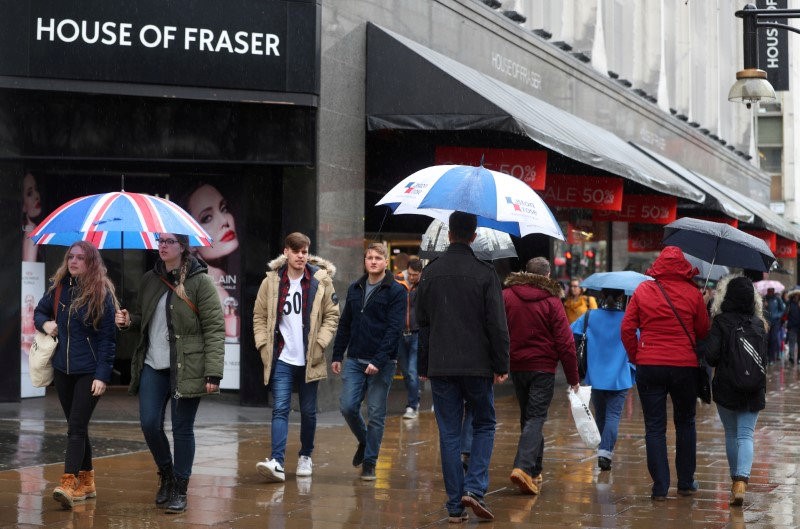British consumer morale fell to its lowest level since February, when the country was subject to severe COVID-19 restrictions, owing to concerns about the economy’s prospects and rising costs, according to a BoA report.
The survey chimed with other measures of consumer confidence in Britain, which indicated that a growing cost-of-living pressure had started to impact the economy’s recovery from the COVID-19 pandemic.
The readings follow recent disarray in Britain, as a lorry driver shortage resulted in many dry fuel pumps across the country, and a spike in European wholesale natural gas prices raised the prospect of a surge in utility bills.
“Our UK consumer confidence indicator continued to decline over the past 2 weeks, reaching the lowest since February,” said BoA economist Robert Wood.
Inflation expectations increased by 60 basis points from August, with nearly a third of Britons now anticipating inflation to exceed 5% in five years, according to the survey.
BoE officials are trying to determine if increased inflation expectations pose a risk to its medium-term inflation objective of 2%.
Some policymakers are worried that investors and consumers could lose confidence in the central bank’s ability to control inflation, boosting the prospect of higher interest rates even as the economy slows.
A separate survey revealed that British employers increased pay for new staff by the greatest since at least the 1990s.
However, the BoA data showed little evidence of a detrimental wage-price spiral similar to the 1970s. In the BofA survey, pay growth expectations showed little change and remained near pre-pandemic norms.
